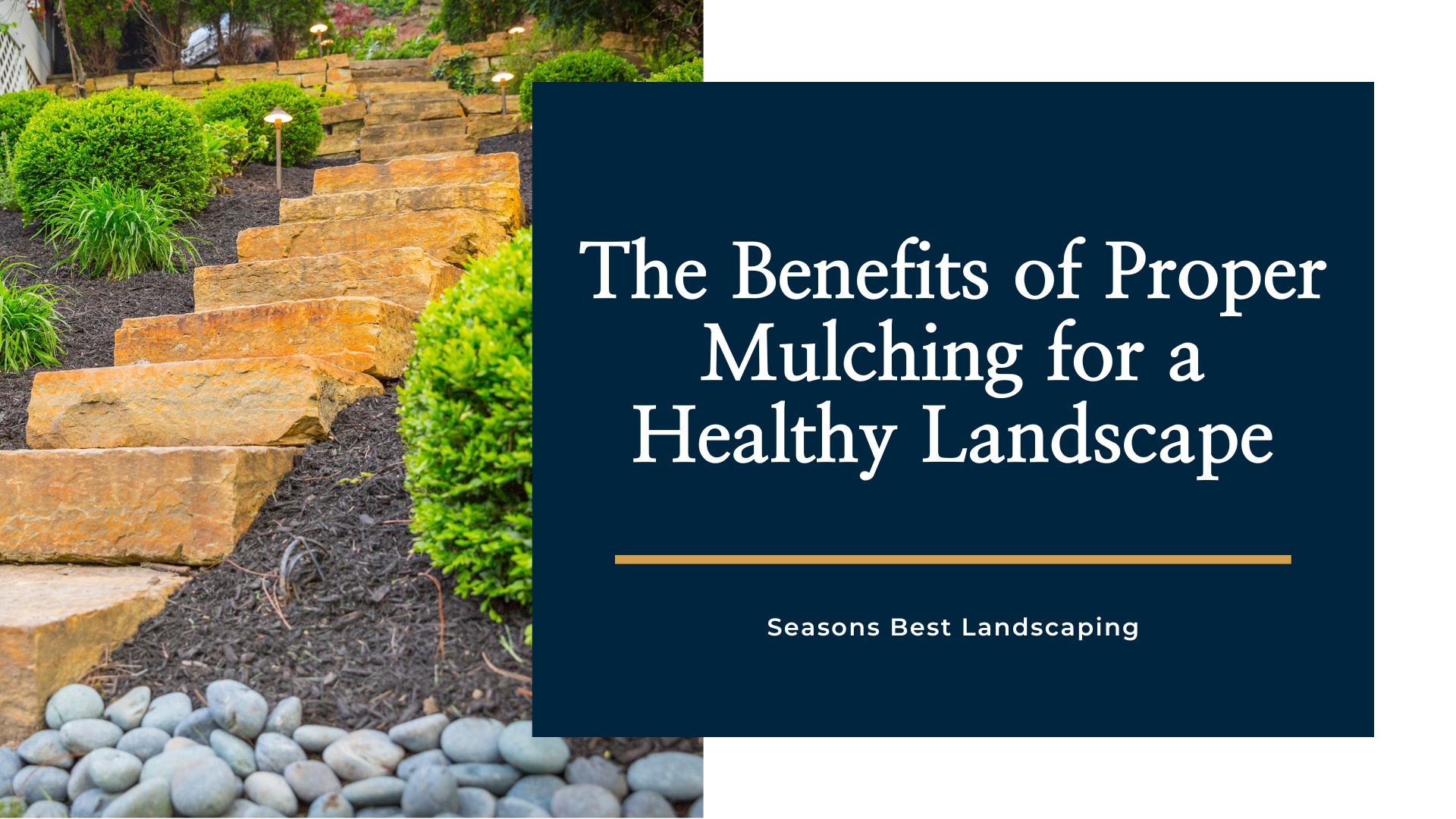
What Proper Mulching Can Do For Your Landscape
Landscapes love mulch. Proper mulching provides a protective barrier over bare soil and around your plants and trees, you’ll do wonders for their health and beauty.
So, what can proper mulching do for your landscape? Here are some of the biggest benefits you’ll see when you lay a fresh layer of organic mulch or put down fresh inorganic mulch.
Keep Pests at Bay
Using certain types of mulch, such as cedar bark, can deter certain pests thanks to natural oils that act as an insect repellant. To reap the full benefits, be sure to find very fragrant mulch, as it will have the greatest effect on insects.
Retain Moisture Where You Need It
Especially during the hot, dry days of summer, it’s really important for plant roots to have a consistent moisture level. Organic mulches absorb water and retain moisture, making it less likely that plant roots will dry out. Inorganic materials will also help keep plant and tree roots from drying out because they act as a barrier that prevents evaporation.
Encourage the Presence of Earthworms
Earthworms love evenly moist soil as much as your plants and trees. When you use organic material for mulching, earthworms are more likely to occupy your garden soil. And as any good gardener will tell you, earthworms help improve soil structure and nutrient cycling.
Maintain Soil Nutrients
While every plant and tree needs water, too much of a good thing can mean that important nutrients wash down the hillside during a heavy or prolonged rain. Mulching with organic materials can add nutrients to the soil as they break down and also prevent nutrients in the soil from being washed away.
Proper Mulching Prevents Soil Erosion
All kinds of mulch will help prevent soil erosion by acting as a buffer between the soil and the impact of the rain or garden hose. Trust us, you want your nutrient rich soil to stay right where it is!
Keep the Weeds Down
This may be the favorite benefit of mulch for many gardeners! When you mulch around your plants, especially in your vegetable or flower garden, where the soil will be disrupted (at the very least) annually, you discourage the growth of unwanted plants, otherwise known as weeds. Any weed seeds that have been brought to the surface by tilling the soil are covered by mulch, limiting the amount of sunlight the seeds have access to.
And let’s not forget that mulch just looks nice. By mulching areas that would otherwise be bare dirt, you’re creating a finished look that is undeniably beautiful.
Many home gardeners like to use organic mulch such as bark or wood chips, pine needles, straw, and cocoa bean shells but non-organic materials can do the job too: black plastic, landscaping fabric, recycled tires, pebbles, and river rock.
If you have questions about how, when, why, and where to mulch, schedule a consultation today!
